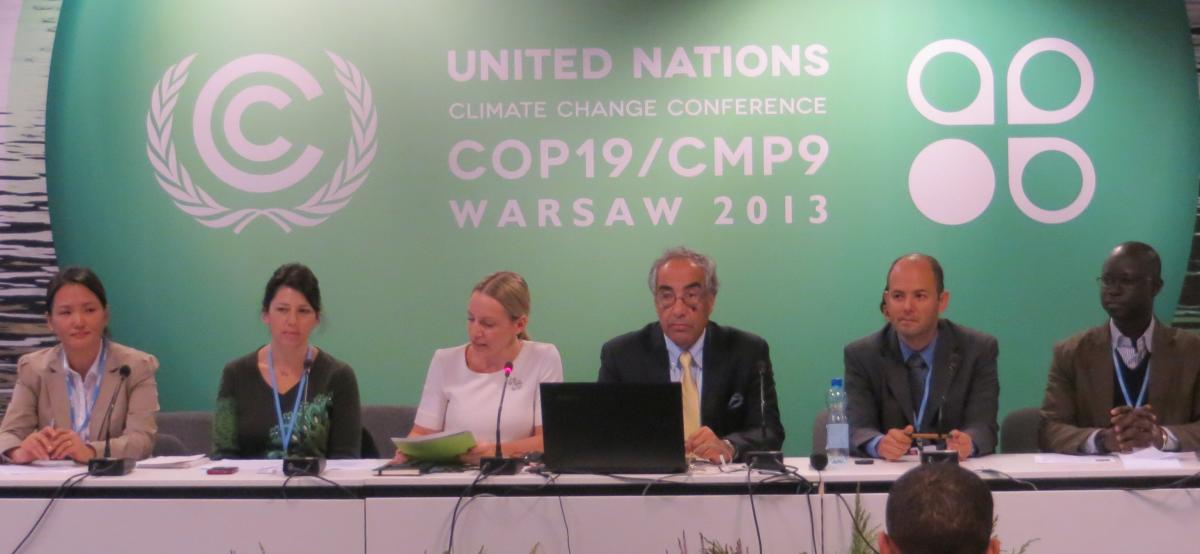Special Coverage COP19: Less Than a Quarter of Climate Finance Spent on Adaptation
Today, the International climate change negotiations enter the second and last week. No significant breakthrough was expected in this Conference of the Parties to the United Nations Framework Convention for Climate Change (UNFCCC).
Even as Typhoon Haiyan which killed thousands in the Philippines heightened the sense of urgency and a need for bold and decisive action, it was always expected that this COP and the road to Paris 2015 (COP21) will be challenging considering the number of contentious issues left unresolved.
 Take for instance the principle of ‘common but differentiated responsibility', an issue that has historically divided the major Parties, as of the recent submission to the United Nations, key parties still hold opposite views on how to address this sticky issue.
Take for instance the principle of ‘common but differentiated responsibility', an issue that has historically divided the major Parties, as of the recent submission to the United Nations, key parties still hold opposite views on how to address this sticky issue.
While the United States views Greenhouse Gas (GHG) emissions reduction from the perspective of 'national circumstances' and a responsibility of all nations -- developed and developing, China views it from the perspective of industrialized countries making 'ambitious, legally binding and economywide' cuts. In addition, there isn't consensus yet on technology transfer, ‘adequate financing' and capacity building for developing countries.
This notwithstanding, advocates for action to solve the crisis remain optimistic. Many believe there is still ample time to resolve the differences between the Parties and the potential to come to a consensus by 2015. UNFCCC Executive Secretary, Christiana Figueres has pointed to the "groundswell movement" in support of climate action as a sign that public opinion is changing with possibility to force leaders to take stronger and urgent action to stabilize global temperatures below 2 degrees Celsius over preindustrial levels.
Resources of Interest to Climate and NRM Evaluators
Multilateral Development Banks (African Development Bank, Asian Development Bank, European Bank for Reconstruction and Development, Inter-American Development Bank, World Bank, International Finance Corporation, and European Investment Bank) just published a report detailing money invested in climate change across the globe in 2012. Of the $27 billion provided, 78 percent was spent on climate mitigation while 22 percent was spent on climate adaptation.
The report also details out the regions of the world in which the money was spent. We also picked two reports on climate finance thanks to the Australian National University to shade light on some key issues surrounding climate finance.
"Adaptation to Climate Change for Peace and Stability" by the Environmental Research of the German Federal Ministry of the Environment is our fourth pick and lastly we share with you a report thanks to the UNDP Regional Service Center for Africa on Energy titled: "Standardized Baseline Assessment for Rural Off-Grid-Electrification in Sub-Sahara Africa"



